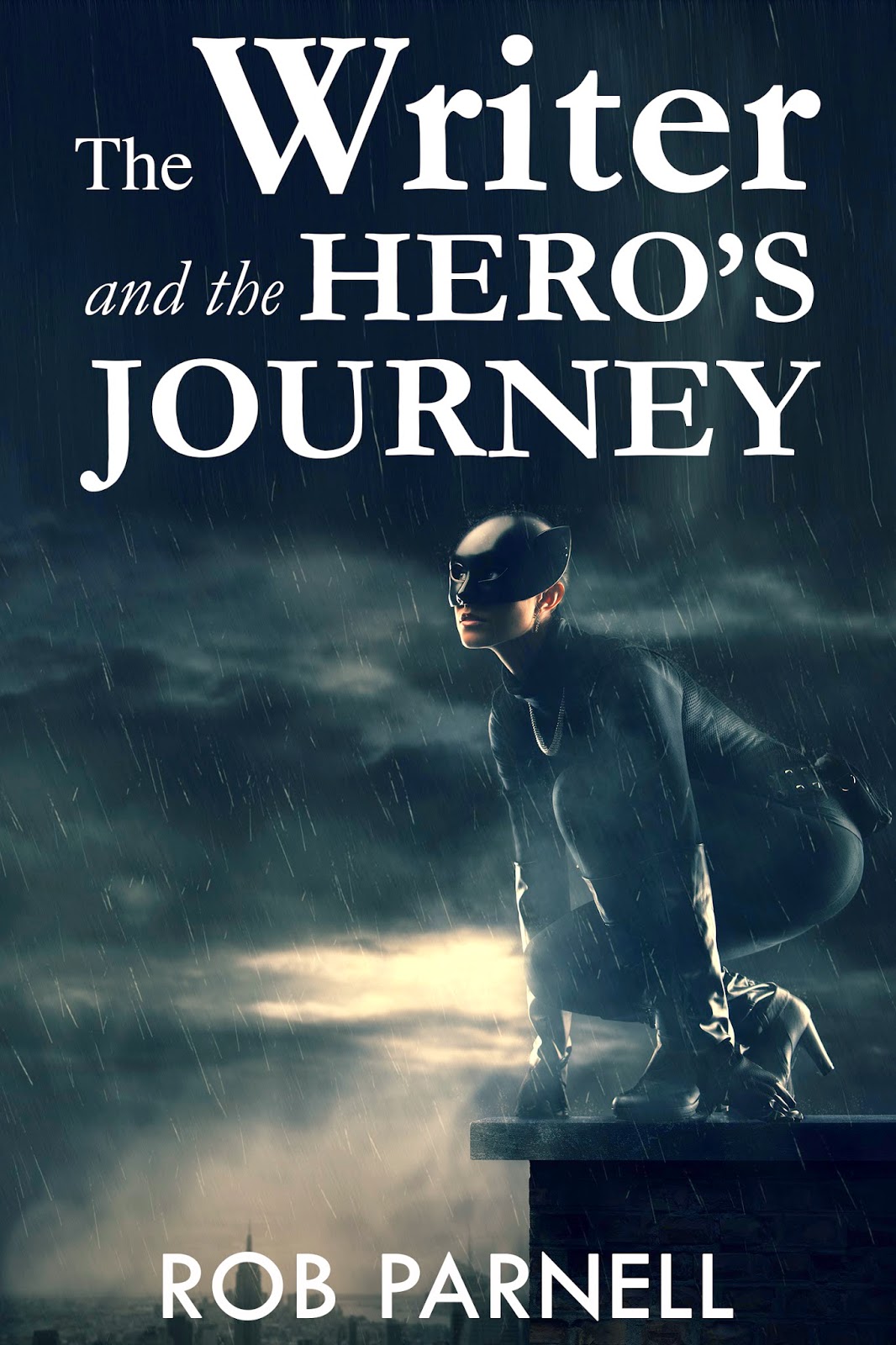9 Quick Tips for Kindle Success
When I first decided to transfer all of my courses from my Easy Way To Write website to the digital marketplace, I did a lot of research on e-book platforms before deciding to focus all of my efforts on Amazon Kindle . I may well have been hasty in my decision-making but here are my findings: iStore is too focused on promoting A-list authors and traditionally-published books to be of much use to the independent author. Plus, I’ve never much liked Apple’s insistence on incompatibility with the rest of humanity. Kobo seems to have a tacky feel to it. Many of the books’ covers look decidedly self-published and I didn’t want to associate my work with them. Google have so many conditions attached to how and why you should publish with them, not least implying that the books you publish won’t belong to you anymore, that working with them just didn’t feel right. Nook seems to me to be too small a marketplace when the Kindle is by the far the e-reader of choice. Ther...
